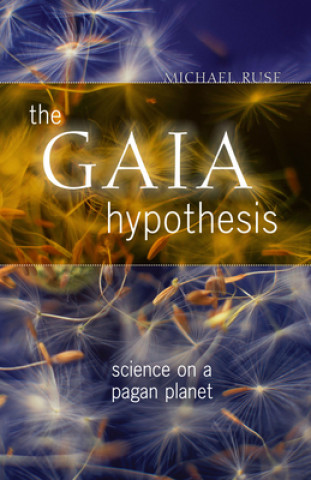
Kód: 02310407
Gaia Hypothesis
Autor Michael Ruse
In 1965 English scientist James Lovelock had a flash of insight: the Earth is not just teeming with life; the Earth, in some sense, is life. He mulled this revolutionary idea over for several years, first with his close friend the ... celý popis
- Jazyk:
 Angličtina
Angličtina - Väzba: Pevná
- Počet strán: 272
Nakladateľ: The University of Chicago Press, 2013
- Viac informácií o knihe

Mohlo by sa vám tiež páčiť
-
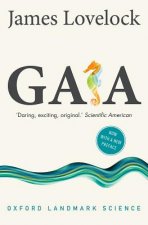
Gaia
10.26 € -24 % -
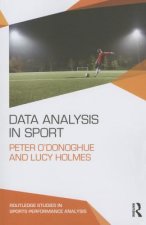
Data Analysis in Sport
73.64 € -

Ellie's Magic Wellies
9.65 € -18 % -
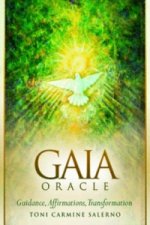
Gaia Oracle
21.77 € -4 % -
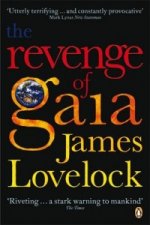
Revenge of Gaia
11.49 € -28 % -

Japanese Public Opinion and the War on Terrorism
45.49 € -19 % -
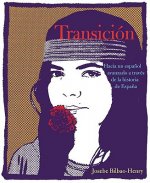
Transicion
116.49 € -
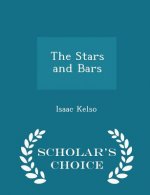
Stars and Bars - Scholar's Choice Edition
39.02 € -

PLAIN TRUTH SSA
10.26 € -
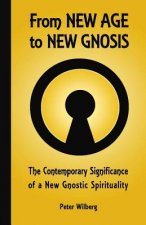
From New Age to New Gnosis
24.03 € -

Ice Cream
12.21 € -

Large Hadron Collider Owners' Workshop Manual
30.91 € -19 % -
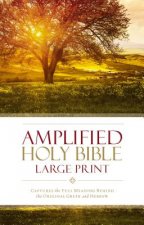
Amplified Holy Bible, Large Print, Hardcover
32.55 € -21 % -

Visiting the Bard
17.97 € -
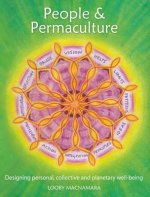
People & Permaculture
21.66 € -28 % -
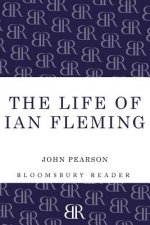
Life of Ian Fleming
24.23 € -
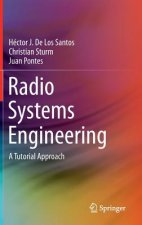
Radio Systems Engineering
123.36 € -
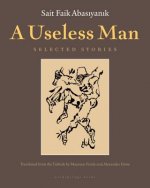
Useless Man
17.35 € -19 % -
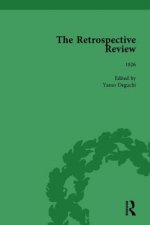
Retrospective Review Vol 14
219.91 € -
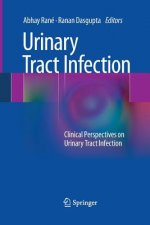
Urinary Tract Infection
112.26 € -
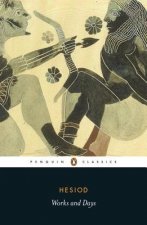
Works and Days
8.31 € -21 %
Darčekový poukaz: Radosť zaručená
- Darujte poukaz v ľubovoľnej hodnote, a my sa postaráme o zvyšok.
- Poukaz sa vzťahuje na všetky produkty v našej ponuke.
- Elektronický poukaz si vytlačíte z e-mailu a môžete ho ihneď darovať.
- Platnosť poukazu je 12 mesiacov od dátumu vystavenia.
Viac informácií o knihe Gaia Hypothesis
Nákupom získate 89 bodov
 Anotácia knihy
Anotácia knihy
In 1965 English scientist James Lovelock had a flash of insight: the Earth is not just teeming with life; the Earth, in some sense, is life. He mulled this revolutionary idea over for several years, first with his close friend the novelist William Golding, and then in an extensive collaboration with the American scientist Lynn Margulis. In the early 1970s, he finally went public with the Gaia hypothesis, the idea that everything happens for an end: the good of planet Earth. Lovelock and Margulis were scorned by professional scientists, but the general public enthusiastically embraced Lovelock and his hypothesis. People joined Gaia groups; churches had Gaia services, sometimes with new music written especially for the occasion. There was a Gaia atlas, Gaia gardening, Gaia herbs, Gaia retreats, Gaia networking, and much more. And the range of enthusiasts was-and still is-broad. In The Gaia Hypothesis, philosopher Michael Ruse, with his characteristic clarity and wit, uses Gaia and its history, its supporters and detractors, to illuminate the nature of science itself. Gaia emerged in the 1960s, a decade when authority was questioned and status and dignity stood for nothing, but its story is much older. Ruse traces Gaia's connection to Plato and a long history of goal-directed and holistic-or organicist-thinking and explains why Lovelock and Margulis' peers rejected it as pseudoscience. But Ruse also shows why the project was a success. He argues that Lovelock and Margulis should be commended for giving philosophy firm scientific basis and for provoking important scientific discussion about the world as a whole, its homeostasis or - in this age of global environmental uncertainty - its lack thereof. Melding the world of science and technology with the world of feeling, mysticism, and religion, The Gaia Hypothesis will appeal to a broad range of readers, from students and scholars of the history and philosophy of science to anyone interested in New Age culture.
 Parametre knihy
Parametre knihy
Zaradenie knihy Books in English Mathematics & science Science: general issues Philosophy of science
36.15 €
- Celý názov: Gaia Hypothesis
- Autor: Michael Ruse
- Jazyk:
 Angličtina
Angličtina - Väzba: Pevná
- Počet strán: 272
- EAN: 9780226731704
- ISBN: 0226731707
- ID: 02310407
- Nakladateľ: The University of Chicago Press
- Hmotnosť: 438 g
- Rozmery: 224 × 140 × 22 mm
- Dátum vydania: 18. October 2013
Obľúbené z iného súdka
-

Life 3.0
10.26 € -29 % -
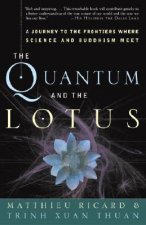
Quantum and the Lotus
14.58 € -29 % -
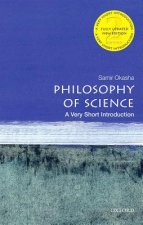
Philosophy of Science: Very Short Introduction
9.44 € -28 % -
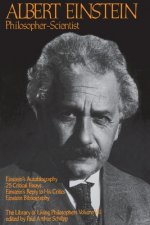
Albert Einstein, Philosopher-Scientist
57.31 € -19 % -
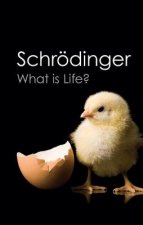
What is Life?
18.79 € -12 % -
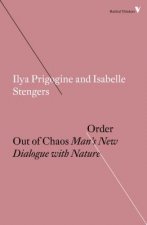
Order Out of Chaos
30.39 € -3 % -
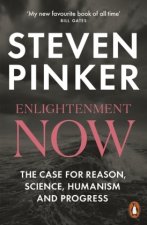
Enlightenment Now
14.06 € -29 % -
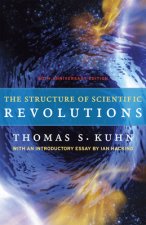
Structure of Scientific Revolutions
14.99 € -9 % -
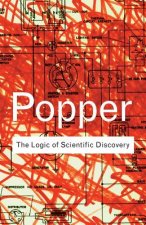
Logic of Scientific Discovery
24.54 € -14 % -
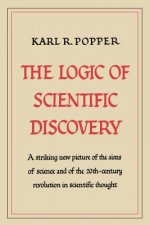
Logic of Scientific Discovery
21.66 € -
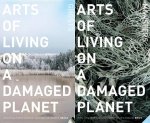
Arts of Living on a Damaged Planet
29.57 € -
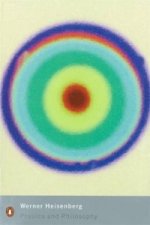
Physics and Philosophy
11.49 € -28 % -

Everything You Know Is Wrong, Book 1
17.25 € -19 % -

Quark And The Jaguar
14.47 € -28 % -
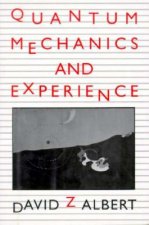
Quantum Mechanics and Experience
43.34 € -
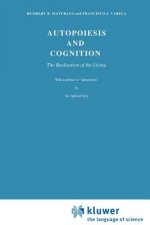
Autopoiesis and Cognition
244.98 € -
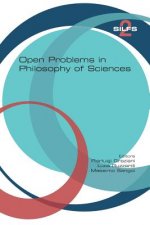
Open Problems in Philosophy of Sciences
24.03 € -

History of Natural Philosophy
29.37 € -18 % -
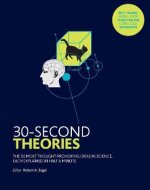
30-Second Theories
11.91 € -18 % -
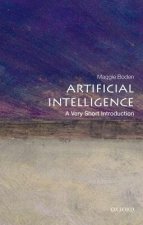
Artificial Intelligence: A Very Short Introduction
9.44 € -28 % -
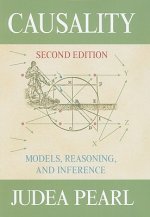
Causality
71.38 € -7 % -
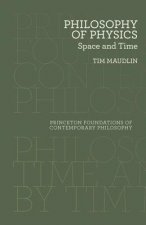
Philosophy of Physics
23.82 € -17 % -
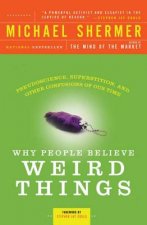
Why People Believe Weird Things
19.71 € -16 % -
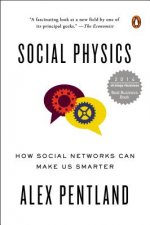
Social Physics
14.78 € -22 % -
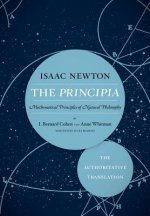
Principia: The Authoritative Translation
20.53 € -3 % -

Artificial Intelligence
11.49 € -28 % -
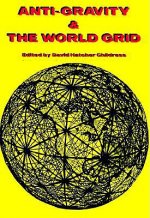
Anti-Gravity and the World Grid
13.24 € -18 % -
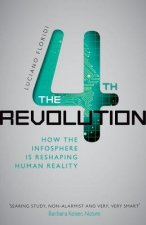
Fourth Revolution
12.52 € -28 % -
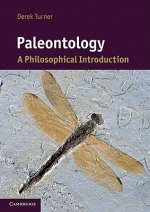
Paleontology
33.78 € -
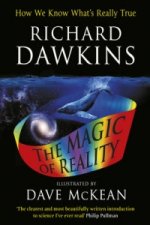
Magic of Reality
15.50 € -28 % -
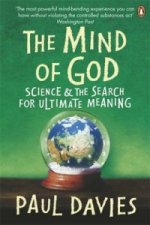
Mind of God
11.49 € -28 % -
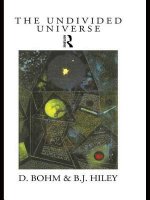
Undivided Universe
66.04 € -
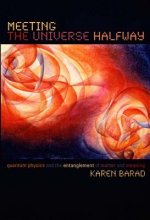
Meeting the Universe Halfway
35.22 € -7 % -

Oxford Handbook of the History of Physics
69.53 € -
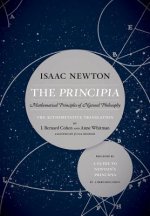
Principia: The Authoritative Translation and Guide
35.33 € -2 % -
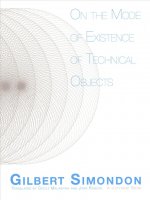
On the Mode of Existence of Technical Objects
34.81 € -15 % -
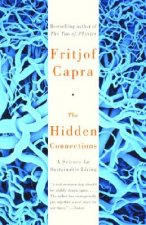
The Hidden Connections
18.58 € -13 % -
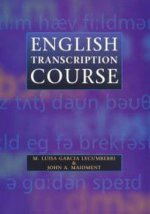
English Transcription Course
54.12 € -5 % -
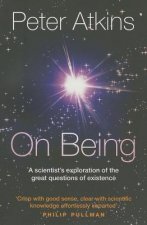
On Being
12.32 € -20 % -
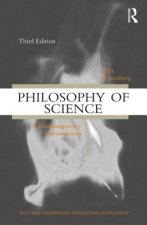
Philosophy of Science
61.93 € -
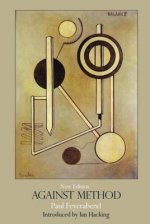
Against Method
104.35 € -
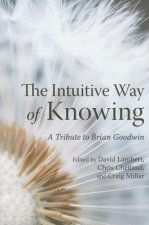
Intuitive Way of Knowing
45.80 € -
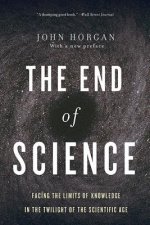
End Of Science
26.39 € -
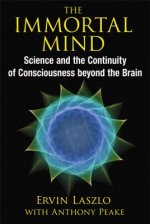
Immortal Mind
15.19 € -17 % -
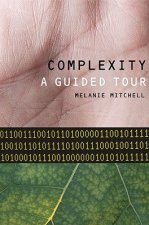
Complexity
47.55 € -
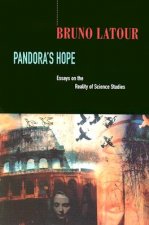
Pandora's Hope
42.62 € -
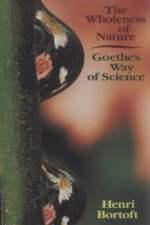
Wholeness of Nature
20.64 € -28 % -
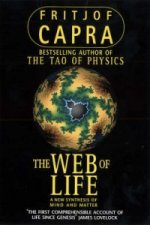
Web of Life
13.14 € -18 % -

Ideas and Opinions
24.44 € -11 %
Collection points Bratislava a 2642 dalších
Copyright ©2008-24 najlacnejsie-knihy.sk All rights reservedPrivacyCookies



 15549 collection points
15549 collection points Delivery 2.99 €
Delivery 2.99 € 02/210 210 99 (8-15.30h)
02/210 210 99 (8-15.30h)